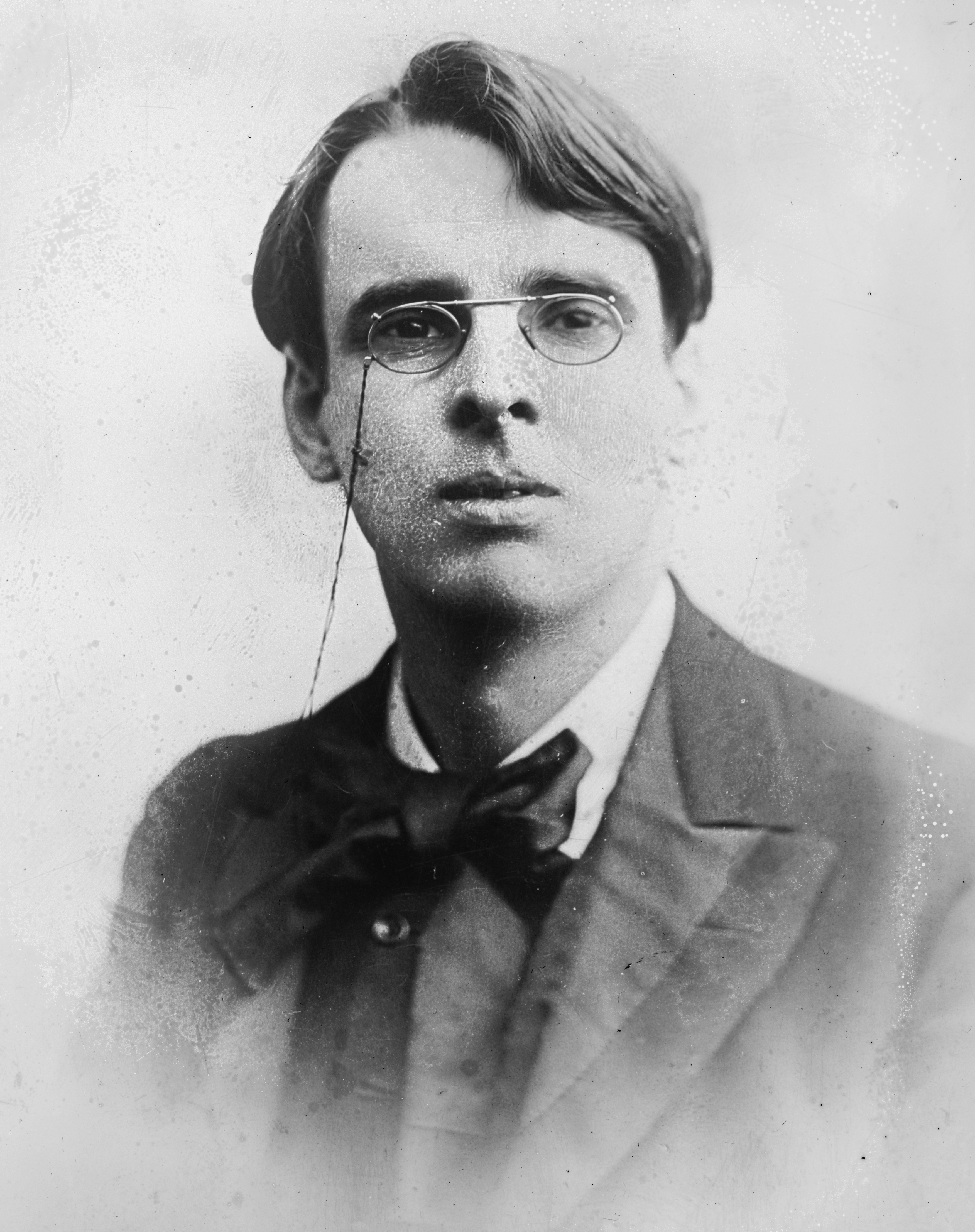O vey! Time to post something on the blog again. I’ve got three or four pieces half ready but I don’t really feel like finishing any of them at the moment – it’s all just too much effort and I’m not sure if they’re any good anyway.
I think much of all this has to do with the fact that I’ve had toothache for the last four or five days, been to the dentist twice where he’s started messing around with the roots of a big molar (ugh!), the computer has been acting up, I’ve had to take the car for its yearly check-up (completely unnecessary waste of money, but it’s still under guarantee, which I’m not going to risk), and tomorrow is my last day of work before two and a half-weeks (well-earned) holidays which I am really looking forward to. I suppose it’s all just about the personal battery being a little run-down and the feeling that I’d like to bitch about everything, if only I had the energy to do so.
This is all only little stuff and, objectively seen, I’ve no real reason to bitch. Spring has finally established itself, it’s getting warmer and everything is becoming beautifully fresh green, with just about every fruit-tree proclaiming the end of winter in a riot of pink and white blossoms (the magnolias going spectacularly over-the-top), all of them at the same time this year (probably because spring was so late). The window is wide open and the evenings are becoming deliciously long. And I’ve got holidays starting on Thursday; I’m best man at the wedding of two dear friends that day; I’m going to the North Sea coast for a week on Monday; I have a job, my life is in order and I have family and friends whom I love and who love me.
And I wonder how much of this strange humour has to do with the fact that it’s spring and, objectively seen (as I already mentioned), everything is perfectly good is clashing with another basic existential fact: I’ll turn fifty next week. Okay, there it is, finally, out in the open. Fifty. Five-oh. Definitively, perhaps even charitably, undeniably middle-aged. The basic realisation that I’ve got (statistically seen) a lot less time in front of me than I have behind me. I’m already a grandfather for chrissakes!
And, occasionally, I find my thoughts turning back through the years, to the time when I was, say, twenty and I was fundamentally immortal, when life was an amazing smorgasbord of all sorts of wonderful experiences and choices. Would I like to be back there again? There’s a (traitorous?) part of me that would. Maybe what I miss most is that feeling of invulnerability, of boundless possibility before life taught me that things can go really pear-shaped, that the consequences of some careless or unknowing choices can be pretty damned serious, that the freedom of being an adult is also the freedom to screw-up spectacularly. Or that, sometimes, shit just happens.
So, if I could go back, would I do some things differently? On reflection, I don’t think so. “On the brave and crazy wings of youth,” to quote Jackson Browne, we do things and make choices whose consequences we cannot see; some of them disastrous, some magnificent. In the end, although a certain amount of prudence is usually a positive virtue, we cannot foresee all the consequences of any choice we take and sometimes, some of the most wonderful things we have and experience in life can be the later result of actions which were, to say the least, extremely foolhardy. Twenty-twenty hindsight can be a dangerous thing and second-guessing ourselves can frequently lead to a Hamlet-like dithering in which we find making any choice or decision ever more difficult. And life crawls or hurtles on anyway and not choosing becomes its own choice anyway.
Would I really like to be twenty again? When I think about it, there was also a lot of uncertainty and insecurity too; a fair portion of inchoate, indefinable longing which brought its own problems. And, if fifty is the final signal that I’ve definitively lost youth, I’ve also won a lot along the way, things I’ve learned to cherish, maybe even a little wisdom. As Joni Mitchell (another singer!) put it, “something’s lost and something’s gained, in living every day.”
I’ll take fifty then, with all that five decades of life have given me and look forward to a good future. It’s not as if I really have a choice, after all. And the future does look good, partly at least, despite all the crises and chaos, the prophesies of doom and downfall and even the end of the world in two years time – at least in my own little world. If there are dangers and disappointments, decay and destruction possibly waiting around the next corner, there are also magical, marvellous opportunities and encounters waiting there too. Not just at fifty, either!
(Oh, and by the way, the second visit to the dentist today also took care of the toothacheJ)





